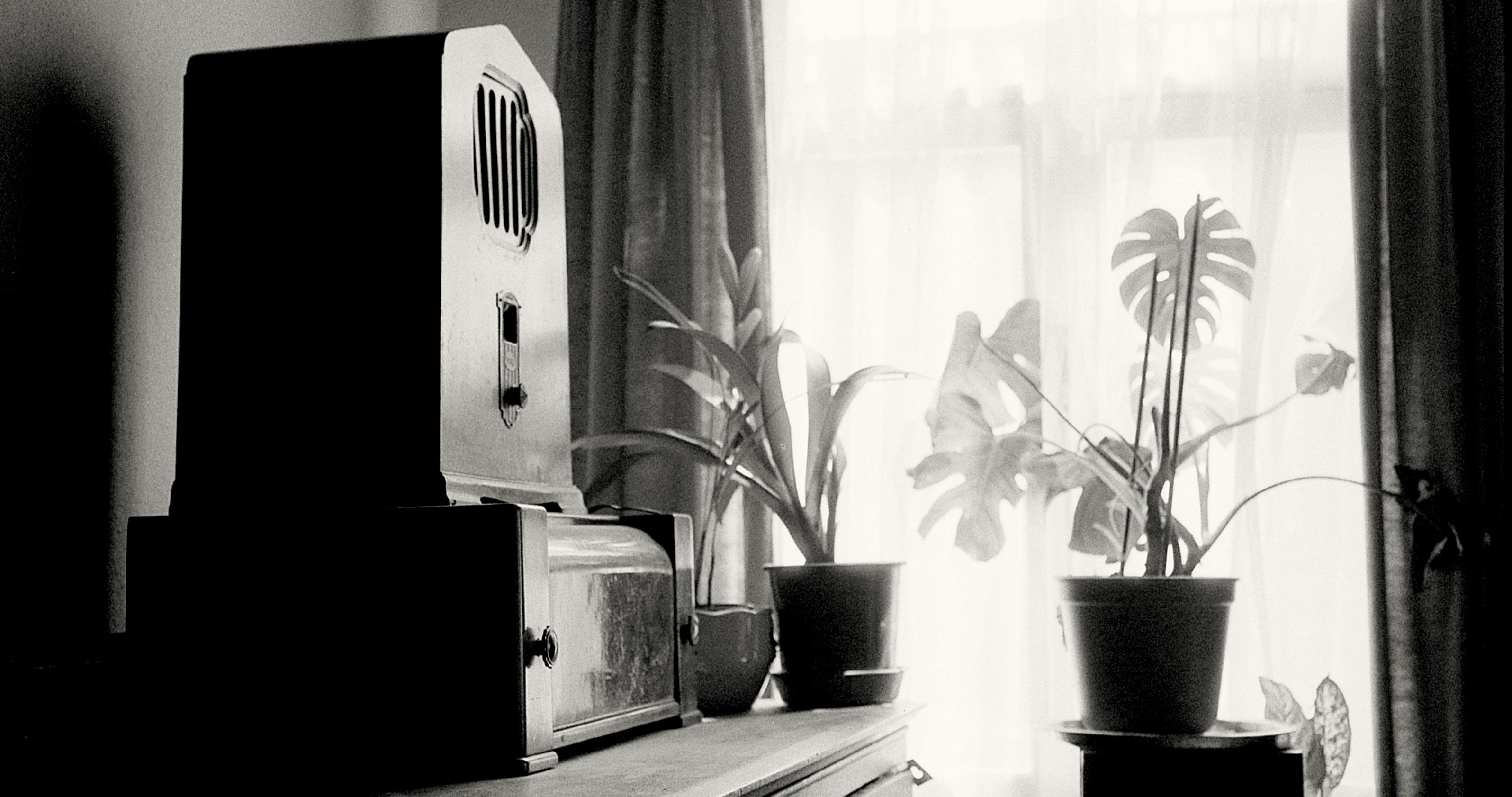
Ehma
Some folks would drink cow piss if you told them it was moonshine.

Some folks would drink cow piss if you told them it was moonshine.
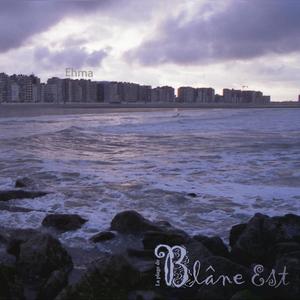
A musical life cycle, woven on the thread of holidays tinged with nostalgia.
This album is meant to be the intimate story of an event that deeply shook my existence — and which, little by little, shaped the character of Ehma.
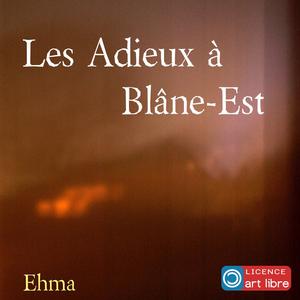
The previous story gave birth to a new "symbolic-fiction."
A written world where other stories are invented. These musical pages are the sound illustration — like a final chapter, a way to turn the page and close this cycle with an epilogue.
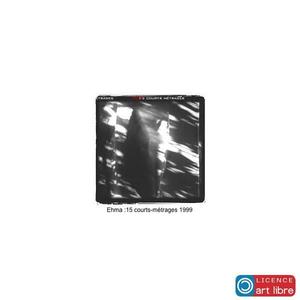
Fifteen simple melodies, almost accidental, born without real conviction, pushed by the kind insistence of a few friends.
Played quietly, in a fragile impulse, they nevertheless traced an unexpected path — the one I ended up following without really realizing it.
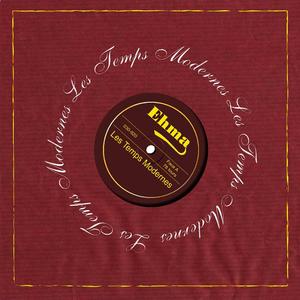
This is the first album I truly thought of as such. A collection of more accomplished melodies, more assumed too — less intimate, but still carried by the same fragility that gave birth to them.

Sometimes life shifts silently — and that silence suddenly takes the shape of a piano.
What my fingers tell here may be less a melody than a passage: that of a man toward another, shaken by the arrival of a child.
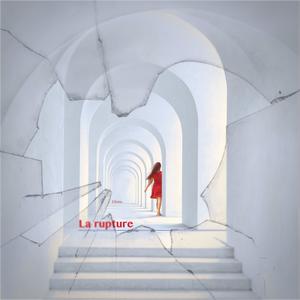
By playing alone too much, you end up hearing only yourself.
La rupture (the Breakup) marks the end of a cycle — that of melodic piano writing that had become too familiar. It was necessary to break away, leave the landmarks behind, to open a door to other languages, other textures.
It all begins on a rough sea — an inner sea, where storms raged.
To escape these tempests, I ran away from the family home and headed for other shores, into other houses I hadn’t necessarily chosen.
I was already a pain in the neck, collecting them like others collected marbles, in playgrounds and summer camps.
Rather than playing soccer or chasing others, I observed. Apart.
Sitting in the shadow of a willow tree, where little girls threw stones between sky and earth.
And I ended up forming an idea: those who aren’t bothered aren’t necessarily the strongest or the bravest — they are the ones who bite first.
So I adopted this strategy: bite first, strike before being hit.
Change of home, change of scenery.
The dynamic had to be broken.
That’s exactly what an educator once tried to do, with a sly smile, by calling me an unexpected “Emma” — since Phil, Fred... why not Emma?
The move worked. I who tried to build a tough image became in a second the character of a romance novel.
The nickname stuck to my skin. And my aggressive comebacks didn’t change that.
(Almost despite myself, “Emma” stuck. Years later still, I was called that.
So much so that when I introduced myself on the phone as “Emmanuel,” people didn’t know who it was.
Some are still convinced today it’s my real name and sometimes ask me about its origin.
I had no choice: I became Ehma.)
I had lost the little refuge I still had.
I was neither attacked nor threatening. Just alone.
An old De Heug piano, abandoned in a corner, became my only confidant.
It didn’t judge. It didn’t answer. It listened.
I was in the process of disconnecting from everything. More by instinct than conviction.
A surface rebellion, with no future.
Everything seemed blocked to me.
Then came that summer stay, organized by the mutual societies.
I went there with heavy feet.
And I met her. The first one. My first thrill.
I found her unreal, unreachable beauty — and yet…
She was not there to save me, but to awaken me.
She showed me, without knowing it, that I too was entitled to gentleness.
To affection. To something other than the gray from which I came.
It was a shock. A turning point.
The passage from shadow to light.
And it happened in Blanes, Spain.
It is this turning point that The Beach of Blâne-est tells.
“Blâne,” because it is there that everything changed.
And because I love water, the sea, the endless horizon.
But I also love the gray of the North. That had to come through.
And what is grayer, in the collective imagination, than the East?
That’s what this strange name evokes: Blâne-est.
An inner shore, where one is born a second time.
A beach where one accidentally washes up, and which becomes a refuge.
A place where no one knows me, where I can tell everything.
Emmanuel Codden, aka Ehma, has since the late 1990s created free music, woven from simple melodies, minimalist piano, and light electronic textures.
Pieces under copyleft license, like sharing an open sketchbook.
A universe sometimes evoking the atmospheres of Tiersen or Mertens, without ever trying to imitate them — just to suggest, to sketch.
Music that does not impose itself: it accompanies, it breathes, it listens to silence as much as it fills it.
A soundscape for contemplative minds, an invitation to gently get lost.